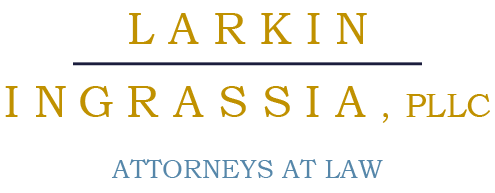Most people forget that they are protected by constitutional rights when interacting with the police and throughout the criminal case. Police interactions are inherently stressful. It’s normal for people to want to comply with authority, such as the police. Many assume this is the fastest way to get out of trouble and stay out of jail. Unfortunately, when people don’t understand their rights during police interactions, they tend to get into more trouble. They may end up talking to the police or doing things to help the investigation against them. While the general rule is to stay quiet and refuse to answer police questions, there are six questions you may want to ask the police during an encounter.
Am I Being Detained Or Arrested?
There is a difference between being arrested and detained. The police can temporarily detain someone with reasonable suspicion. This means that the police have specific facts or circumstances making them believe that a crime happened. When the police have reasonable suspicion, they may detain someone for a brief questioning or further investigation. A traffic stop is a common example. If the police determine there is probable cause that you committed a crime, they will arrest you. Unlike being detained, an arrest means the police will take you into custody for formal charges. Probable cause means that there is a reasonable basis to believe that the crime has been committed. It is a higher standard than reasonable suspicion. The distinction between being detained and arrested is important and you have a right to know which applies in your case.
Am I Free To Leave?
Sometimes, the police approach people when they are neither detained nor under arrest. This means that the police do not have reasonable suspicion or probable cause. In these cases, you are free to leave and do not have to answer any questions. However, it is hard to distinguish between when you are free to leave and when you are not. It’s common for the police to approach people to try and garner reasonable suspicion and then probable cause for the arrest. You should always ask the police if you are free to leave, and if so, exercise your right to do so.
Do You Have A Warrant?
The police need probable cause to arrest you and search your home or belongings. The police may get probable cause through their investigation or a judicial warrant. It’s normal for the police to seek a warrant in cases where there is an ongoing investigation. That means the police have time to get a warrant from a judge. If there isn’t an exception, a warrant is required under the 4th Amendment of the U.S. Constitution. You have a right to see the warrant and if there isn’t one, you don’t have to consent to the search. However, you should remember that several exceptions to the warrant requirement could justify the search or seizure later in court.
What Are The Charges?
If you are under arrest, you have a right to know the charges against you. If there is an arrest warrant, it will list the charges. If the police are arresting you after being detained, they will verbally tell you the charges. Don’t worry if you don’t fully understand the charges at the time of the arrest; your attorney will fully explain the charges and their penalties later.
May I Talk To A Lawyer?
You have the right to have a lawyer and should not hesitate to bring it up with the police. If you are subject to custodial interrogation by the police, you don’t have to say anything. Custodial interrogation means that the police are questioning you, and you are not free to leave. When you bring up a lawyer, it tends to stop the police in their tracks. They may still arrest you, but they are less likely to try and push their luck getting you to answer questions. You might not be allowed to call an attorney immediately, but you should continue to ask until you can.
Contact a New York Criminal Defense Lawyer at Larkin Ingrassia, PLLC Today
For more information, contact an experienced criminal defense lawyer at Larkin Ingrassia, PLLC, to schedule a free consultation today. We conveniently serve in 3 locations in New York, including Middletown, Newburgh, and Kingston.
We proudly serve Orange County, Ulster County, and its surrounding areas:
Larkin Ingrassia, PLLC – Middletown
626 E Main St Middletown, NY 10940
Larkin Ingrassia, PLLC – Newburgh
356 Meadow Ave Newburgh, NY 12550
Larkin Ingrassia, PLLC – Kingston
233 Fair St Suite #1 Kingston, NY 12401



